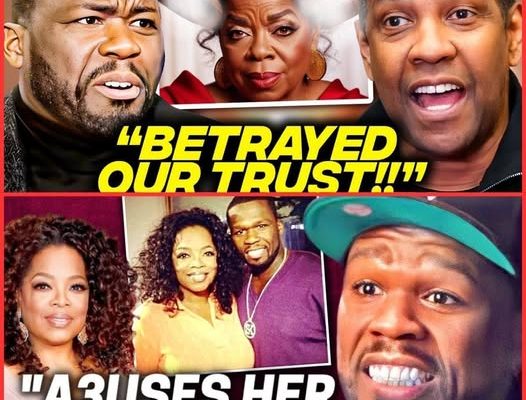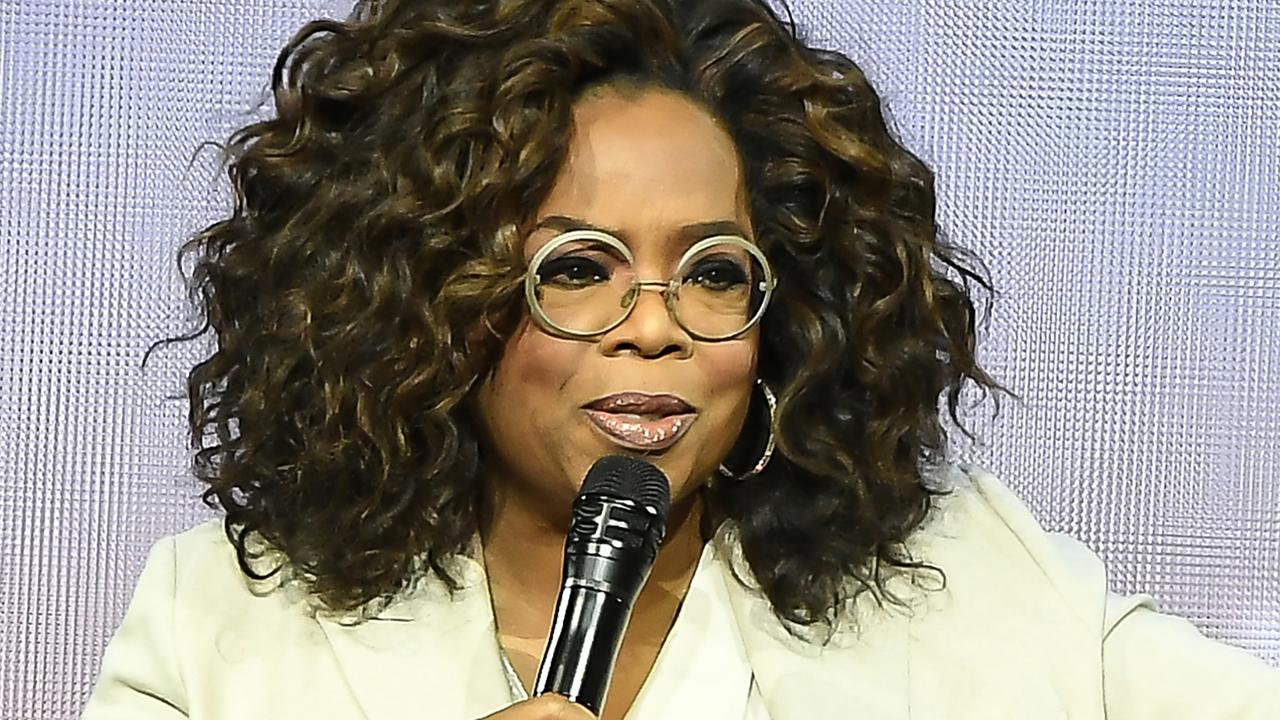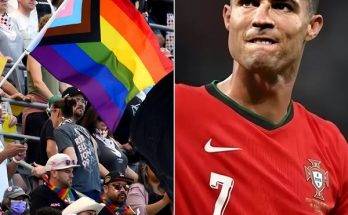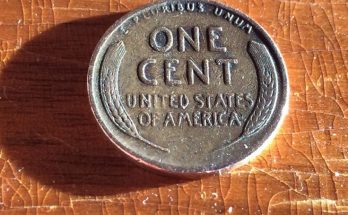The complex relationship between Oprah Winfrey and several figures in the hip-hop and Black entertainment communities has been a subject of public discourse for many years. Criticism often centers around accusations that Oprah, who is a highly influential media mogul, has used her platform to disparage or undermine Black artists, particularly those from the hip-hop community. One of the most vocal critics has been rapper 50 Cent, who has repeatedly accused Oprah of targeting successful Black men and aligning herself with the broader societal critique of hip-hop culture.
50 Cent’s grievances with Oprah date back to his early career, where he expressed that she often criticized aspects of hip-hop culture, which he felt was a direct attack on his music and the broader culture he represents. He has cited examples of Oprah refusing to have him on her show during his rise to fame, which he interpreted as a dismissal of his success because of the negative connotations she associated with his music. Despite eventually appearing on her show, 50 Cent has continued to voice concerns about what he perceives as Oprah’s habit of targeting prominent Black men, especially during the height of the #MeToo movement.
The controversy extends beyond just 50 Cent. Oprah has also been criticized by other celebrities like Ludacris, who claimed that she unfairly edited his comments during an appearance on her show to paint him in a negative light. Dave Chappelle and Kanye West have also voiced concerns about powerful figures in Hollywood, including Oprah, whom they believe attempt to control or manipulate Black artists. Kanye has been particularly vocal about feeling targeted and ostracized by influential media figures, including Oprah, whom he accuses of contributing to a culture that marginalizes outspoken Black men.

Moreover, comedian Mo’Nique has famously accused Oprah, along with Tyler Perry, of sabotaging her career. According to Mo’Nique, her refusal to participate in promotional activities for the film “Precious” without additional pay led to her being labeled as difficult, which she believes was a deliberate effort to blacklist her in Hollywood. Mo’Nique has also alleged that Oprah exploited personal details of her life on her show without her consent, which she viewed as a betrayal given their prior friendship.
Oprah’s critics argue that her actions reflect a pattern of undermining Black artists, particularly those who do not conform to mainstream expectations or who challenge the status quo. They point to her involvement in projects like the HBO documentary “Surviving Neverland,” which examined allegations against Michael Jackson, as part of a broader trend of targeting prominent Black figures while being less vocal about similar allegations against powerful white men.
Despite these criticisms, it’s important to recognize Oprah’s substantial contributions to media, philanthropy, and the broader community. She has broken barriers as a Black woman in the entertainment industry, becoming one of the most influential and wealthy figures in the world. Her philanthropic efforts, including significant investments in education and empowerment initiatives, have positively impacted countless lives. However, the ongoing backlash she faces from certain celebrities highlights the complexities of her legacy and the differing perceptions of her role in the media landscape.
These tensions underscore the broader conversations around power, influence, and representation within the entertainment industry, especially concerning how Black artists are portrayed and treated. As debates continue, it remains clear that Oprah Winfrey’s impact on media and culture is both celebrated and scrutinized, reflecting the multifaceted nature of her public persona.




